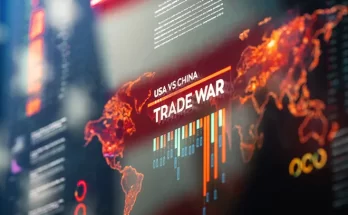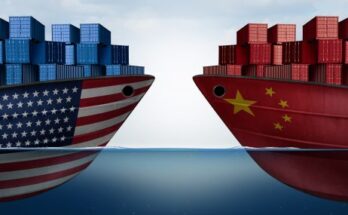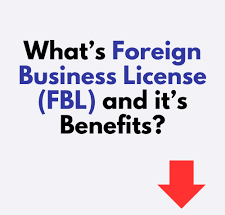Certain transactions are VAT exempted
Title: Understanding VAT Exempted Transactions in Thailand: A Comprehensive Guide
Introduction
Value Added Tax (VAT) is a consumption tax levied on the sale of goods and services at each stage of the production and distribution chain. However, not all transactions are subject to VAT, and various countries, including Thailand, exempt certain transactions from this tax. In Thailand, the VAT system is governed by the Revenue Code, and understanding the types of transactions that are VAT exempted is crucial for businesses and individuals alike.
Types of VAT Exempted Transactions in Thailand
- Export of Goods and Services:
- Goods and services that are exported from Thailand are generally exempted from VAT. This is to encourage international trade and make Thai goods and services more competitive in the global market.
- International Transportation Services:
- VAT exemption applies to services related to international transportation, including the carriage of goods and passengers by air, sea, or land. This exemption contributes to the growth of the country’s transportation and logistics sector.
- Certain Financial Services:
- Specific financial services, such as interest, dividends, and capital gains, are typically exempt from VAT. This exemption helps to ensure the stability and efficiency of the financial sector.
- Sale and Import of Certain Goods:
- The sale and import of certain goods, such as agricultural products, fertilizers, animal feed, books, and newspapers, may be exempt from VAT. This is aimed at supporting essential sectors and promoting literacy and information dissemination.
- Medical and Educational Services:
- Medical services provided by hospitals, clinics, and healthcare professionals, as well as educational services offered by schools and universities, are generally VAT exempted. This exemption supports the well-being of the population and the development of the education sector.
- Religious and Charitable Activities:
- Transactions related to religious and charitable activities, including donations and services provided by non-profit organizations, may be exempt from VAT. This encourages philanthropy and supports organizations working for the public good.
- Government Services:
- Services provided by the government are typically exempt from VAT. This includes public administration, defense, and services that are not in competition with the private sector.
- Land and Building Transactions:
- The sale and lease of land and buildings may be exempt from VAT, particularly for residential purposes. This exemption aims to support the housing sector and make accommodation more affordable.
Conclusion
Understanding the types of transactions that are VAT exempted in Thailand is essential for businesses and individuals to navigate the country’s tax system effectively. VAT exemptions play a crucial role in promoting economic growth, supporting key sectors, and ensuring the well-being of the population. It is important to stay informed about any updates or changes in VAT regulations to ensure compliance and make informed financial decisions. If in doubt, seeking advice from tax professionals or consulting the Thai Revenue Department can provide clarity on specific transactions and their VAT status.




